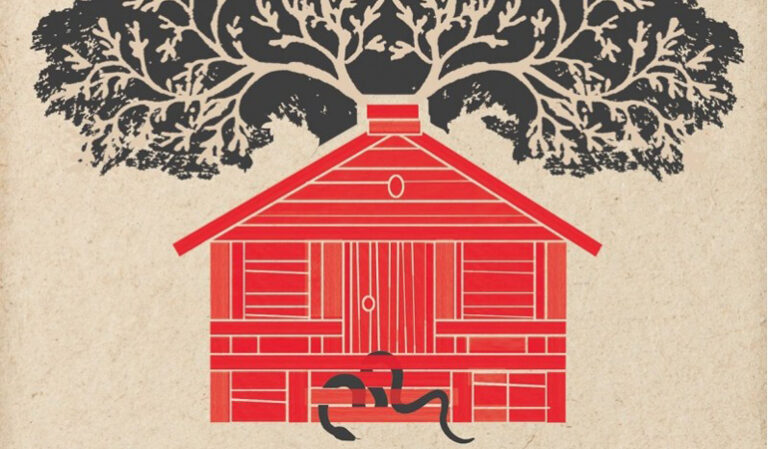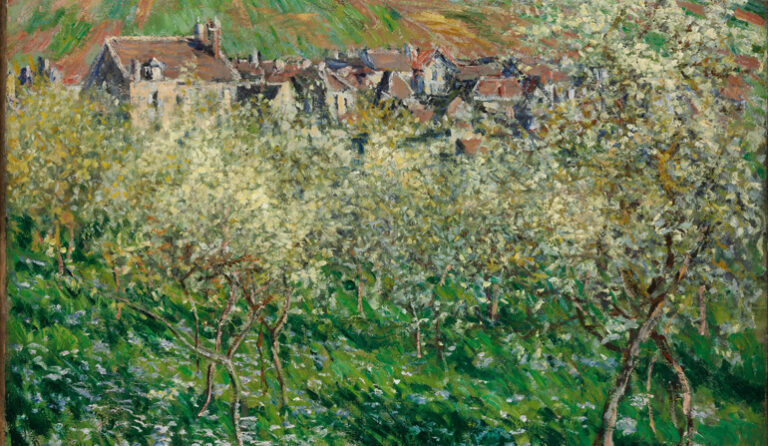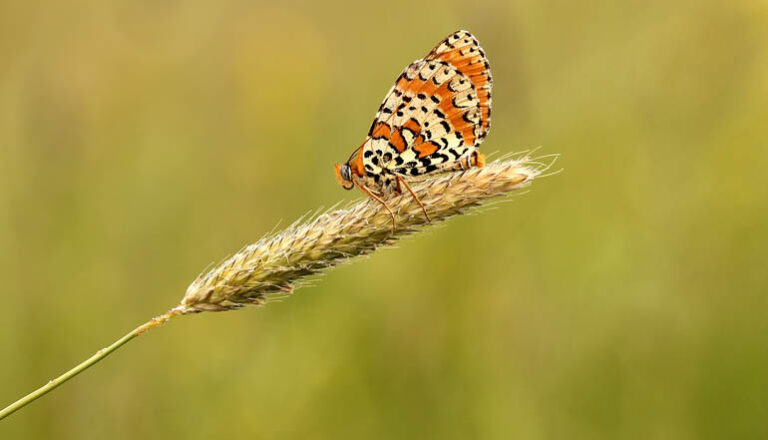The Effluvia of Short Fiction
By utilizing various forms of “effluvia” in their work, Amelia Gray, Alexandra Kleeman, and Helen Oyeyemi give us greater insight into the human condition. They show us why shit matters.
Please note that orders placed between February 1-February 17 will not be shipped until February 17. Thank you for your patience.

By utilizing various forms of “effluvia” in their work, Amelia Gray, Alexandra Kleeman, and Helen Oyeyemi give us greater insight into the human condition. They show us why shit matters.

The collected letters Mary Wollstonecraft wrote to Gilbert Imlay from 1791 to 1795 are not as widely read as her political and travel writings. Still, they offer precious glimpses of a lively, intellectual eighteenth-century woman in the midst of heartbreak, pregnancy, motherhood, and a blooming writing career.

President Trump appointed Jon Parrish Peede as the acting chairman of the National Endowment for the Humanities. Peede’s appointment comes at a time of heightened tension between the arts community and the Trump administration.

Charlottesville has me thinking about poems of the Civil War that center black experiences. Poems from the Civil War canon are usually heavy on Whitman, Dickinson, or folk songs. The following three texts should satisfy anyone who wants to read beyond “O Captain, My Captain.”

Louise Erdrich’s most recent triptych of novels—The Plague of Doves (2008), The Round House (2012), and LaRose (2016)—all feature children more prominently than adults. Children are confronted with a many-layered moral question that their experiences over the course of the novel will help them to process.

How can one adequately capture experiences that very often undo language itself, that are often so profoundly isolating precisely because they defy our common speech, our tested vocabularies and definitions of human experience? How do we find the right words to map that place?

Birds are not alone in singing or in originating metaphors. There are other winged creatures that croon and hum and carry. We are among multitudes that raise a chorus to the elements, especially in August. Cicadas, yes, but also crickets, katydids, and grasshoppers.

In Book of Mutter, Zambreno writes, “It is something ineffable about my mother that I search for.” This search, conducted over the thirteen years since Zambreno’s mother’s death, manifests in a fusion of memoir, essay, and meditation, and suggests how writing might embody the lifelong process of mourning a parent.

Three debut novels shed light on migration from the Middle East and North Africa, taking up themes of displacement, longing for home, and the split narratives of a life “before” and “after.”
No products in the cart.